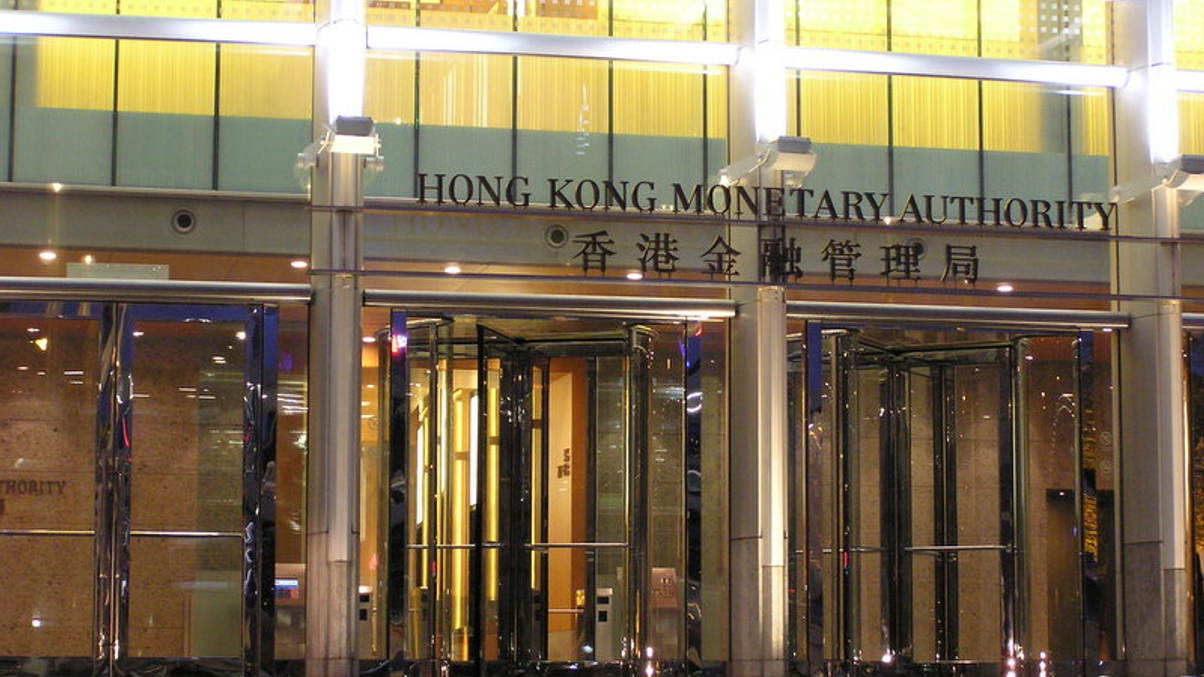HKMA's Exchange Fund cuts risk assets on record investment losses
The worst global investment environment in 50 years has left the Exchange Fund with 'nowhere to hedge'. HKMA's chief executive said the fund plans to adopt a defensive position heading into 2023.

Hong Kong Monetary Authority's (HKMA) Exchange Fund has been trimming risky assets and raising deposit levels in its investment portfolio even as it tallied up three consecutive quarters of losses.
Sign in to read on!
Registered users get 2 free articles in 30 days.
Subscribers have full unlimited access to AsianInvestor
Not signed up? New users get 2 free articles per month, plus a 7-day unlimited free trial.
¬ Haymarket Media Limited. All rights reserved.


